President Bola Tinubu is being sued by the Socio-Economic Rights and Accountability Project (SERAP) for “the unlawful ban and withdrawal of the accreditations of 25 journalists and media houses from covering the Presidential Villa.”
The Federal Government reportedly recently revoked the accreditations of some 25 journalists who had been covering events in the Presidential Villa in Abuja. The impacted journalists were just instructed to turn in their accreditation tags at the Presidential Villa’s main gate.
In the lawsuit filed last Friday at the Federal High Court in Lagos under the case number FHC/L/CS/1766/23, SERAP is asking for “an order to direct and compel President Tinubu to reverse the revocation of the accreditations and ban on 25 journalists and media houses from covering the Presidential Villa.”
In order to prevent President Tinubu or any other authority, person, or group of people from arbitrarily and unilaterally cancelling the accreditations of any journalists and media outlets to cover the Presidential Villa, SERAP is requesting “an order of perpetual injunction.”
The organisation is also asking for “a declaration that the right to freedom of expression, access to information, participation, and media freedom is inconsistent with the withdrawal and revocation of accreditation tags and the prohibition on journalists and media houses from covering the Presidential Villa without any lawful justifications.”
“If not overturned, the arbitrary ban on the journalists covering the Presidential Villa would open the door to other cases of arbitrary decision-making and would restrict people’s right to freedom of expression, access to information, participation, and media freedom,” claims SERAP in its lawsuit.
The removal of the journalists’ accreditations, according to SERAP, “has no legitimate justifications.” It is contradictory and irreconcilable with the public interest, the legitimate demands of a democratic society, non-discrimination, plurality of voices, and diversity of voices.
The suit filed on behalf of SERAP its lawyers Ebun-Olu Adegboruwa, SAN, Kolawole Oluwadare, and Ms Valentina Adegoke, read in part: “The ban on the journalists from covering the Presidential Villa fails to meet the requirements of legality, necessity, and proportionality.”
“The media plays an essential role as a vehicle or instrument for the exercise of freedom of expression and access to information – in its individual and collective aspects – in a democratic society.”
“The existence of a free, independent, vigorous, pluralistic, and diverse media is essential for the proper functioning of a democratic society.”
“The free circulation of ideas and news is not possible except in the context of a plurality of sources of information and media outlets. The lack of plurality in sources of information is a serious obstacle for the functioning of democracy.”
“The exercise of the right to freedom of expression through the media is a guarantee that is fundamental for advancing the collective deliberative process on public and democratic issues.”
“The strengthening of the guarantee of freedom of expression is a precondition for the exercise of other human rights, as well as a precondition to the right to participation to be informed and reasoned.”
“Under the Nigerian Constitution 1999 [as amended] and human rights treaties to which Nigeria is a state party, freedom and diversity must be guiding principles in the measures to promote media freedom. The ban on the 25 journalists is entirely inconsistent and incompatible with these principles.”
“The Federal Government should aspire to promote and expand the scope of media freedom, access to information, freedom of expression, and citizens’ participation, not restrict these fundamental freedoms.”
“Barring these journalists and media houses from covering the Presidential Villa is to prevent them from carrying out their legitimate constitutional responsibility.”
“The withdrawal of the accreditation tags of these journalists directly violates media freedom and human rights including access to information and the right to participation. It would have a significant chilling effect on newsgathering and reporting functions, and may lead to self-censorship.”
“The withdrawal of the accreditations of the journalists would construct barriers between Nigerians and certain information about the operations of their government, something which they have a constitutional right to receive.”
“Media freedom, access to information and the right to participation are necessary for the maintenance of an open and accountable government. These freedoms are so fundamental in a democracy that they trump any vague grounds of ‘security concerns and overcrowding of the press gallery area.’”
“According to reports, the Federal Government on 18 August 2023 withdrew the accreditation tags of some 25 journalists and media houses from covering activities at the Presidential Villa, Abuja.”
“The banned journalists reportedly include those from Vanguard newspaper; Galaxy TV; Ben TV; MITV; ITV Abuja; PromptNews, ONTV, and Liberty. Other media personnel affected by the withdrawal are mostly reporters and cameramen from broadcast, print, and online media outlets.”
“Under section 22 of the Nigerian Constitution, the mass media including ‘the press, radio, television and other agencies of the mass media shall at all times be free to uphold the fundamental objectives contained in this Chapter and uphold the responsibility and accountability of the Government to the people.’”
“Section 14(2)(c) of the Constitution provides that ‘the participation by the people in their government shall be ensured in accordance with the provisions of this Constitution.’”
“Similarly, Article 9 of the African Charter on Human and Peoples’ Rights provides that, ‘Every individual shall have the right to receive information. Every individual shall have the right to express and disseminate his opinions.’”
“Article 13 of the Charter also provides that, ‘Every citizen shall have the right to participate freely in the government of his country. Every citizen shall have the right of equal access to the public service of his country. Every individual shall have the right of access to public property and services.’”
“Articles 19 and 25 of the International Covenant on Civil and Political Rights contain similar provisions.”
No date has been fixed for the hearing of the suit.
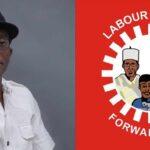
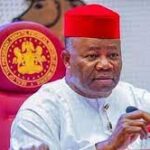

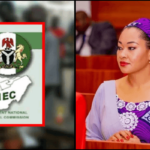
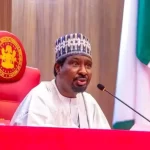
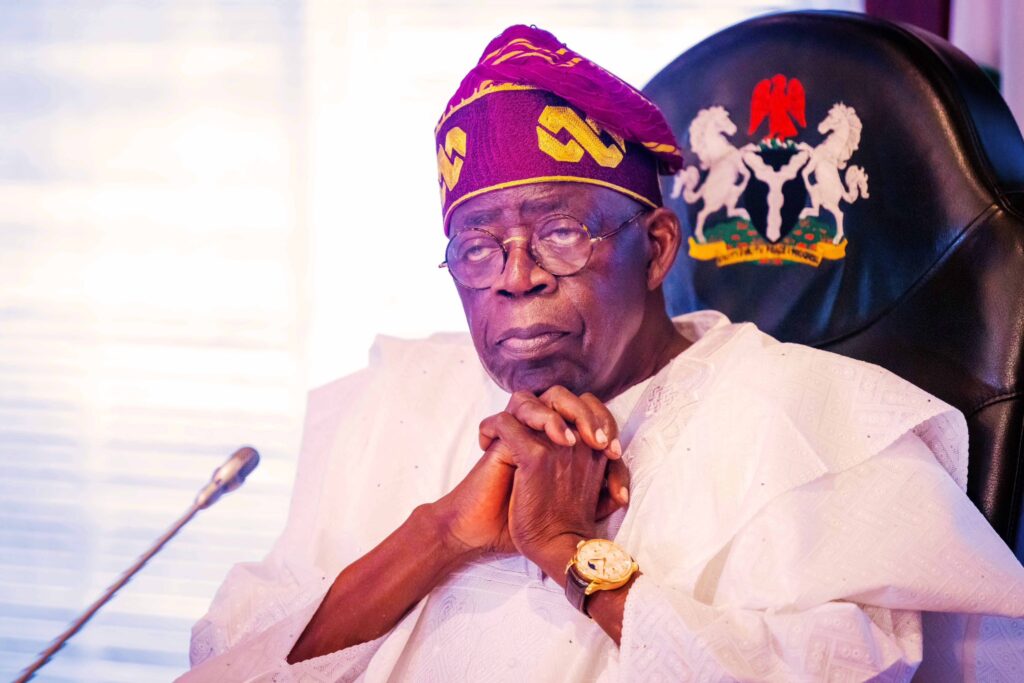
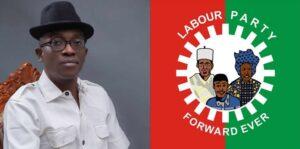
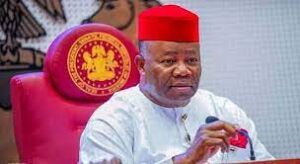
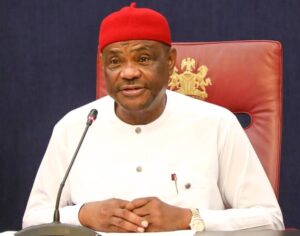
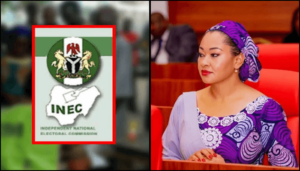
More Stories
Akpabio secures court order banning Natasha from talking about sexual harassment allegation
Wike to critics: ‘I will live to sign condolence letters of those who said I collapsed’
INEC explains reason for abandoning recall of Senator Natasha